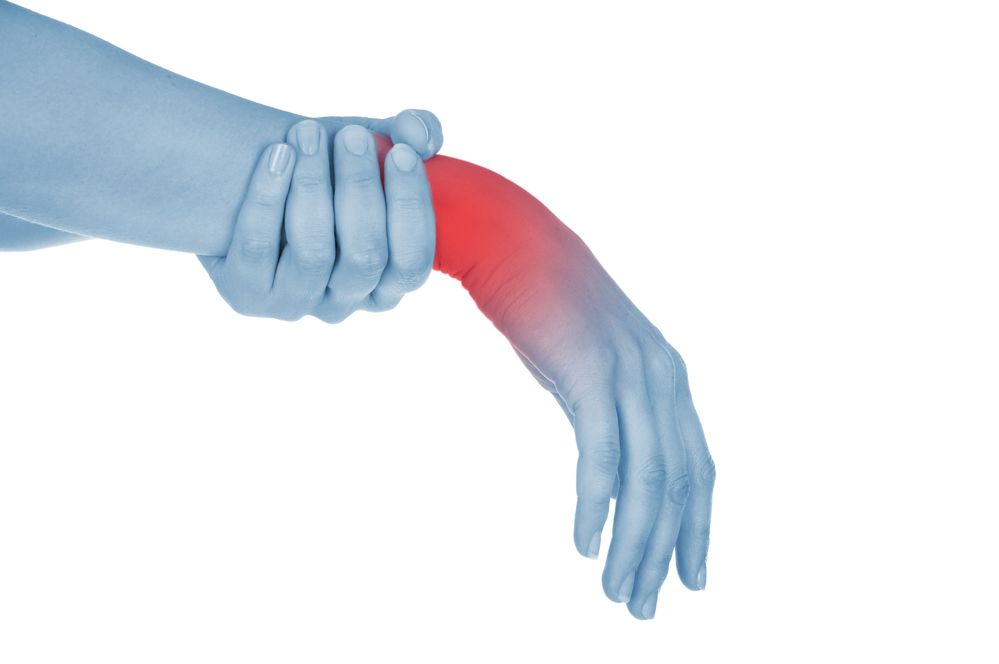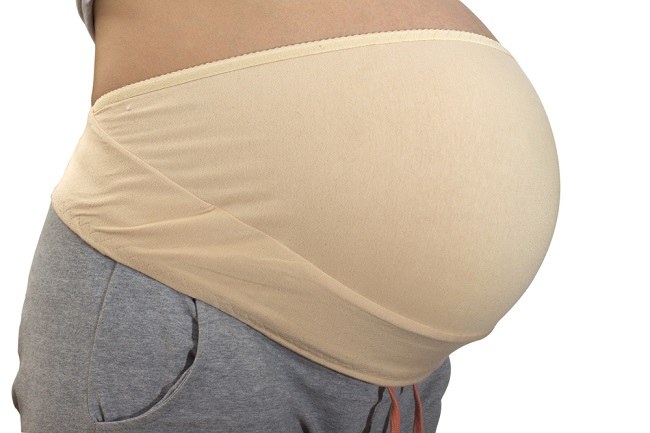Do your teeth ache after consuming cold or hot drinks? If so, you may have sensitive teeth.This complaint can be caused by various things. Therefore, the treatment can vary according to the cause.
Sensitive teeth are one of the most common dental health problems. This condition can happen to anyone, from children, teenagers, adults, to the elderly.

Sensitive teeth can occur when the dentin layer of the tooth is exposed, so that the part of the tooth root that has a lot of nerves is more easily exposed to certain stimuli, such as hot or cold temperatures, and sweet and sour foods or drinks.
When that happens, people who have sensitive teeth will feel a sensation of pain, aches, or discomfort in their teeth.
Some Causes of Sensitive Teeth
There are several things that can cause a person to experience sensitive teeth, namely:
1. The habit of brushing your teeth is too strong
Brushing your teeth too hard, especially if you use a toothbrush with coarse bristles, can cause the protective layer of teeth (enamel or tooth enamel) to be damaged and eroded quickly. The eroded tooth enamel can expose the dentin and cause the tooth to become sensitive.
2. Gum disease or gingivitis
Gingivitis disease can make the gums swell and hurt. As a result, the gums become pulled and the roots of the teeth are exposed. If left unchecked, this can make teeth sensitive.
3. Problems with teeth
A cracked, broken, or cavity tooth can cause a variety of symptoms. One of them is sensitive teeth. Certain habits, such as frequent grinding of teeth, can also cause teeth to decay quickly and make them more sensitive.
4. Exposure to irritating substances
The protective layer of teeth can be thinned if the teeth are often exposed to irritating substances, such as acids from food or drinks, stomach acid, and teeth whitening products. Therefore, you can be more at risk of developing sensitive teeth if you have acid reflux disease (GERD), often eat acidic foods and drinks, or use teeth whitening products.
5. Plaque buildup
Plaque that builds up on the teeth can make a lot of bacteria grow on the tooth surface. When this happens, the bacteria will then produce acids that can erode the tooth layer. Over time, this can make your teeth sensitive.
In addition to some of the causes above, sensitive teeth can also occur due to side effects of dental procedures, such as cleaning teeth or installing dental crowns (dental crown).
Steps for Handling Sensitive Teeth
Because it can be caused by many things, complaints of sensitive teeth need to be checked first by a doctor. This is so that the doctor can determine the appropriate treatment for the cause of sensitive teeth.
The following are some of the ways that are generally recommended by doctors to treat sensitive teeth:
- The use of toothpaste for sensitive teeth that contains fluoride
- Coating of tooth enamel with special ingredients so that the roots of the teeth are not easily exposed to painful stimuli
- Root canal treatment
To prevent the reappearance of pain due to sensitive teeth, you must also maintain dental hygiene and health by taking the following steps:
- Brush your teeth slowly with a soft-bristled toothbrush and toothpaste containing fluoride
- Clean your teeth with dental floss every day
- Use a mouth guard if you have a habit of grinding your teeth
- Reducing the consumption of foods and drinks that can damage teeth, such as foods and drinks that contain a lot of sugar or taste sour
In addition, you also need to avoid consuming food or drinks that are too cold or hot, if this triggers the appearance of sensitive teeth complaints.
In some people, complaints of sensitive teeth can subside on their own with proper dental care. If the sensitive tooth complaint you are experiencing does not go away or it gets worse even though you have taken good care of your teeth, have your teeth checked by a dentist so that the complaint can be handled appropriately.









